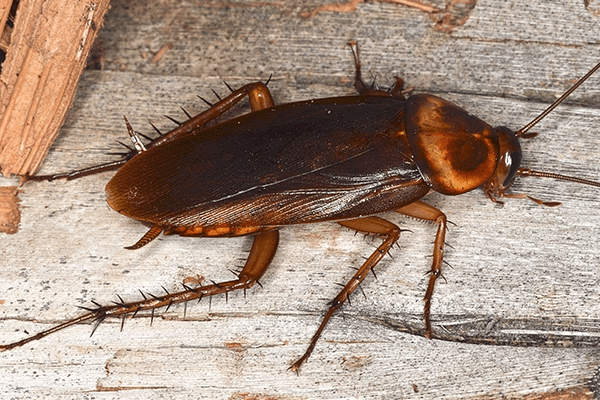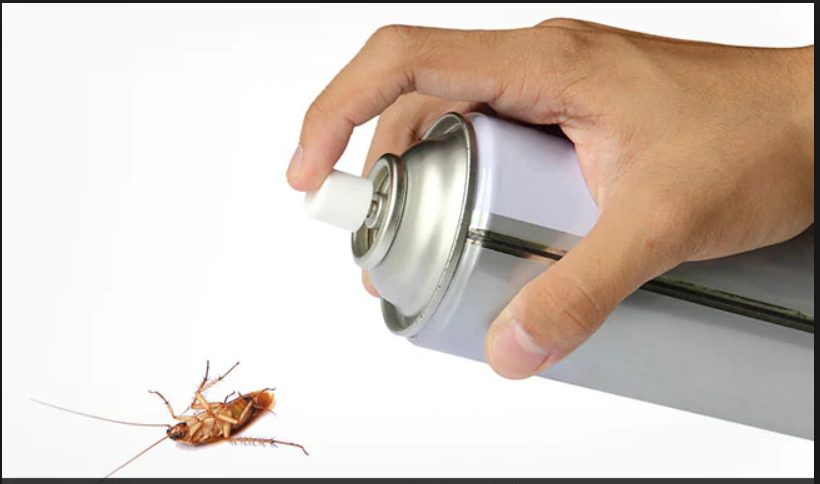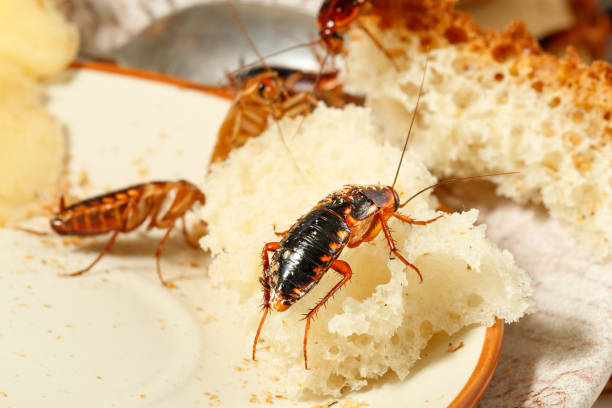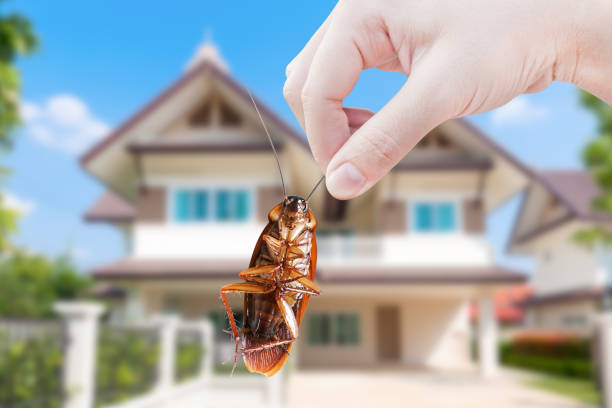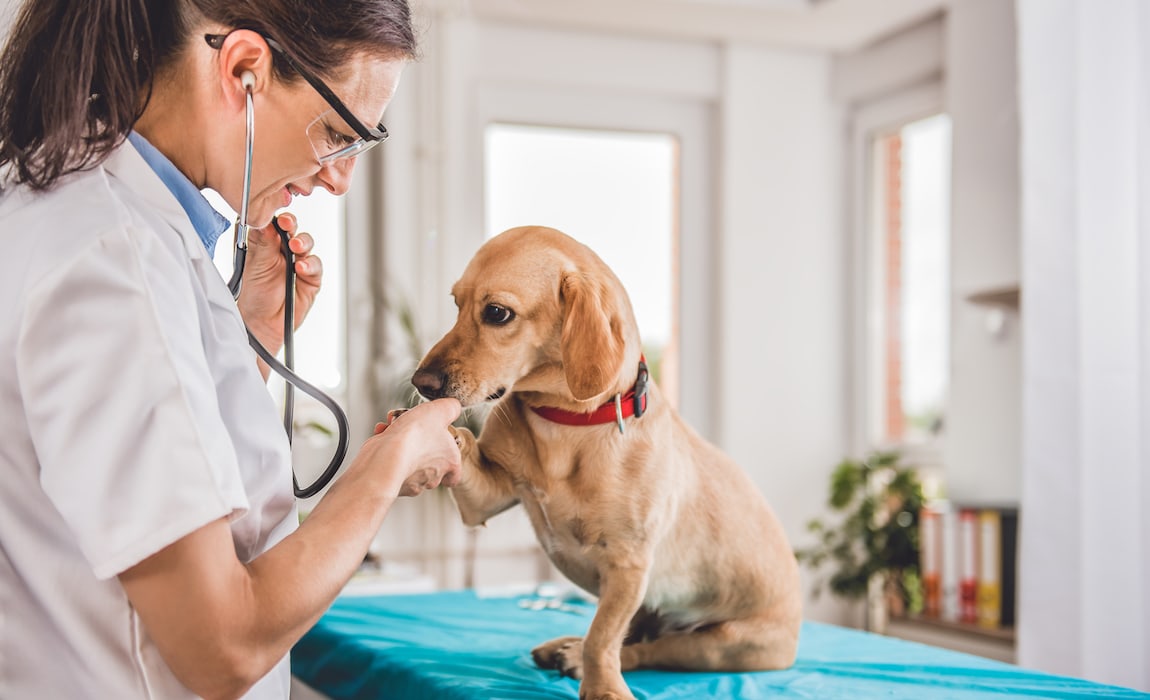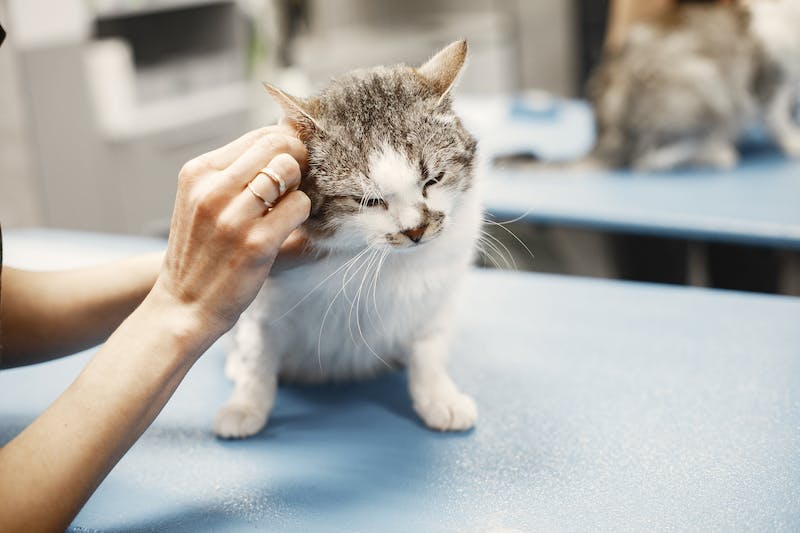Reasons Why Your Dog Is Not Eating
Why is my Dog not Eating
You have bought the best dog food, the bowl is clean, fresh and your four-legged friend has finished his dinner without any problems. But now he won’t eat again. Your dog is not eating?
We know that dogs are very finicky when it comes to food, but an uninterested appetite is more than just a passing fad. If you have noticed that your dog won’t eat for more than a day, then this article is for you! In this article we will give you ten tips to help you fix the situation and get your dog eating again.
10 Reasons Why Your Dog Is Not Eating

A dog not eating is one of the most worrying situations that pet owners will face. It’t natural for dogs to eat less during hot summer days, when they are stressed, or have their stomachs upset by throwing up or another digestive problem. However, it’s never a good sign when your dog refuses to eat for more than a day.
That being said, there are so many reasons why your dog may stop eating. This article will guide you on how to help your dog start eating again and what things you need to consider if your dog is not eating. Read on!
Why is My Dog Not Eating?
If you notice your dog is not eating, the first thing you should do is take him to the vet. A lack of appetite can be related to many different health issues. A dog not eating can have many causes, including:
– Illness and Medical Issues – One of the most common reasons for a dog not eating is illness. Dogs can hide pain, so it is important to watch for changes in eating habits. If your dog’s energy decreases, he may not have an appetite. This can be a sign of a flu or an infection. If your dog has a fever, he may not be able to eat at all. Sometimes, a dog may not eat because he has an issue with his teeth or mouth.
The smell and taste of the food may also not be appealing to him. If you suspect your dog’s health is causing him to lose his appetite, you need to see the vet. An illness can be very serious and will need treatment. Diseases like heartworm and intestinal worms are often noticed by a change in eating habits.
– Lack of Smell or Taste – It’s not unusual for a dog to lose the smell or taste for a short period of time. This is usually related to a change in the weather. For example, if your dog’s appetite decreases after a blizzard or heavy snowfall. He may also lose his appetite if there is a thunderstorm or strong winds.
A sudden change in temperature may also make your dog eat less. Dogs have an increased urge to eat when the temperature is cooler. This may be because they need more energy to stay warm. A change in the amount of light may also alter your dog’s eating habits. Dogs have a tendency to eat more during darker times of the day. If you notice your dog’s appetite decrease during the day or at a certain time of the year, it may be related to light.
– Stress and Anxiety – Stress can cause a variety of issues in dogs, including a lack of appetite. If your dog is experiencing stress, it may be difficult for him to eat. This is especially true if your dog is experiencing anxiety. Dogs that are anxious may refuse to eat and may even vomit. This is because anxiety causes changes in the digestive system. Dogs experiencing anxiety may also have changes in their heart rate and blood pressure. This can make it difficult for them to eat.
– You Are the Food – Dogs are creatures of habit, so if you change their food, they may not eat it. If your dog is only eating half of his food and leaving the rest, it may be because you changed his food. If you recently switched your dog’s food, it’s important that you stick to the same brand for at least one full week. Use this time to gradually transition from one food to another.
– Dietary Changes – If your dog’s appetite has decreased since eating a certain food, it’s important to rule out dietary changes as a cause. Dogs are creatures of habit, so if you feed them the same food for a long time, they will get used to it. A change in the dog’s eating habits may be due to the fact that you changed his food. If your dog eats less after eating a certain brand of dog food, it’s important to rule out dietary changes as a cause.
Boredom and Exercising
Dogs that are bored or not getting enough exercise may eat less. Be sure to provide your dog with plenty of opportunities to exercise, and make sure he has enough toys and other things to occupy his time. Dogs that are under-exercised may gain weight and develop health issues. When a dog doesn’t get enough exercise, he will “store” energy in his fat cells.
This can lead to obesity and other health issues. If your dog is overweight and not getting enough exercise, he may eat less. This is because overweight dogs will have a hard time exercising, and may tire out quicker. In addition, overweight dogs do need less calories than normal-weight dogs.
Conclusion
A dog not eating is one of the most worrying situations that pet owners will face. It’s natural for dogs to eat less during hot summer days, when they are stressed, or have their stomachs upset by throwing up or another digestive problem.
However, it’s never a good sign when your dog refuses to eat for more than a day. If you notice your dog is not eating, the first thing you should do is take him to the vet. A lack of appetite can be related to many different health issues.
It’s important to rule out these problems before you worry about your dog not eating. Use this guide to help determine why your dog may not be eating.
